EU survey highlights urgent need for targeted clinical trials training
A new report from the Accelerating Clinical Trials in the EU (ACT EU) initiative has revealed systemic gaps in training and support for clinical trial sponsors in academia and small- to medium-sized enterprises (SMEs). Published jointly by the European Medicines Agency (EMA) and the European Commission, the findings underscore one of the persistent barriers facing Europe’s push to become more research- and innovation-friendly: clinical trials are still too complex to navigate without specialised knowledge — and smaller players are being left behind.
The report is based on feedback from 375 stakeholders across 28 European countries, including research institutions, university hospitals, early-stage biotech companies, and public agencies. Nearly half of responses came from Germany, France, and Spain — countries with dense research ecosystems but also high administrative burden.
Key needs were identified around regulatory training, particularly regarding the EU Clinical Trials Regulation (CTR), the Clinical Trials Information System (CTIS), Good Clinical Practice (GCP), safety reporting, and pharmacovigilance. These areas are critical for running compliant and efficient studies but often require technical knowledge that SMEs and academic teams lack the resources to maintain in-house. For many, this results in delays, regulatory missteps, or missed funding opportunities.
Participants also pointed to difficulties finding suitable training. Existing materials are often fragmented, hard to access, overly general, or not updated to reflect new regulations or digital tools. Smaller organisations also reported lacking the time, funding, and institutional support to pursue or prioritise this type of professional development.
This has particular relevance for emerging therapeutic fields like psychedelic medicine, where most developers are still small, research-driven teams working across jurisdictions. With regulatory standards tightening, especially around safety and data management, early-stage innovation in such fields will depend on practical, context-specific training support — not just compliance checklists.
In response, ACT EU plans to begin systematically mapping and signposting high-quality clinical trial training resources across the EU. This will include identifying gaps, building an online repository of curated content, and helping standardise approaches to ensure better uptake. The goal is to create a coordinated learning ecosystem that enables faster, more robust clinical trials while ensuring safety and regulatory alignment.
Beyond core compliance areas, respondents also called for more training in related topics such as ethics approval processes, real-world evidence use, data protection (GDPR), study reporting, and interactions with regulators. There was strong support for integrating practical, modular training tailored to specific roles and study phases.
The report is part of ACT EU’s broader strategy to modernise and streamline Europe’s clinical trials environment. With larger-scale changes to clinical trial infrastructure and policy already underway — including the new EU pharmaceutical legislation and Life Sciences Strategy — ensuring that small research actors are not left behind is both a strategic and scientific imperative.


